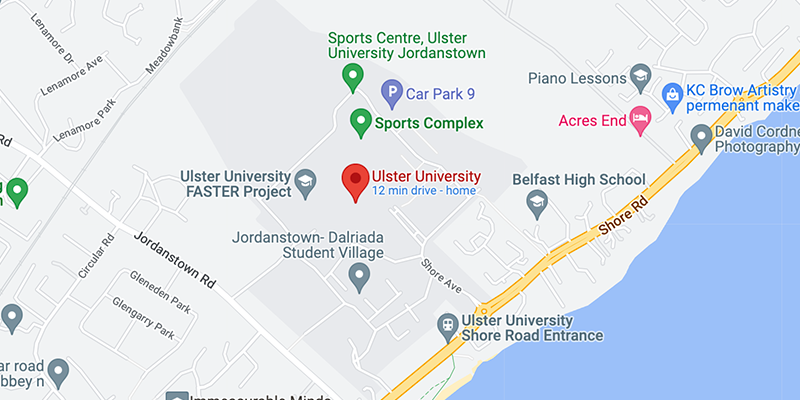Page content
Utilising Northern Ireland as a case study, Dr Ashe’s Gender, Nationalism and Conflict Transformation presents an analysis of the gender and sexual politics of conflict transformation. The book synthesises a vast array of international sources with the author’s empirical and theoretical research to produce a powerful gendered critique of conflict transformation in Northern Ireland. It maps the negative effects of the region’s violent conflict on gender and sexual equality and explores the potential of the conflict transformational processes, set in motion by the 1998 Peace Agreement, to transform relationships between different genders and sexualities.
Starting from the feminist proposition that building peace requires the inclusion of issues of gender and sexual equality, the author analyses how the new institutional and semantic structures of conflict transformation in Northern Ireland preserved older conservative narratives about gender and sexuality. As older narratives clashed with progressive forms of sexual and gender politics, the core sites of conflict transformation became arenas of gender and sexual struggles.
The book outlines these struggles, and charts the positive and inclusive visions of peace developed by activists throughout the period of conflict transformation.
Dr Moyo’s Postcolonial Transitional Justice: Zimbabwe and Beyond contributes to a deeper understanding of transitional justice by examining the complexities of transition in postcolonial societies. It focuses particularly on Zimbabwe but draws on relevant comparative material from other postcolonial polities. Examples include but are not limited to African countries such as South Africa, Rwanda and Mozambique. European societies such as Northern Ireland, as well as other nations such as Guatemala, are also considered.
While amplifying the breadth of the subject of transitional justice, the book addresses the claim that transitional justice mechanisms in postcolonial countries are necessary if the rule of law and the credibility of the country’s legal institutions are to be restored.
Drawing on postcolonial legal theory, and especially on analyses of the relationship between international law and imperialism, the book challenges the assumption that a domestic rule of law ‘deficit’ may be remedied with recourse to international law. Taking up the paradigmatic perception that international law is neutral and has fixed rules, it demonstrates how complex issues which arise during postcolonial transitions require a more critical adoption of transitional justice mechanisms.
Light refreshments will be served, please register for catering purposes.
Ulster University Sports Village
Shore Rd, Newtownabbey, BT37 0QB
Event Info
This event has ended






















